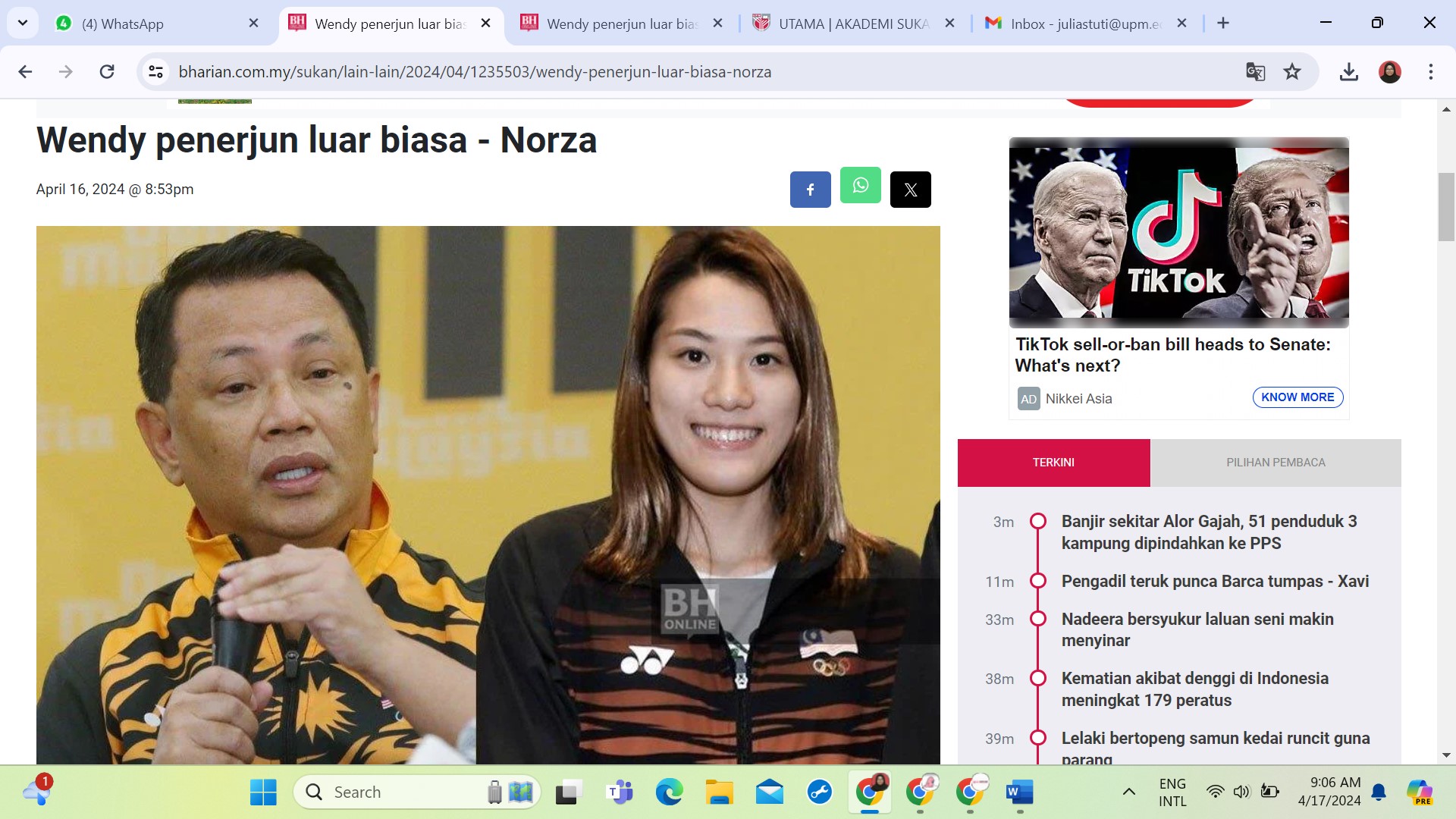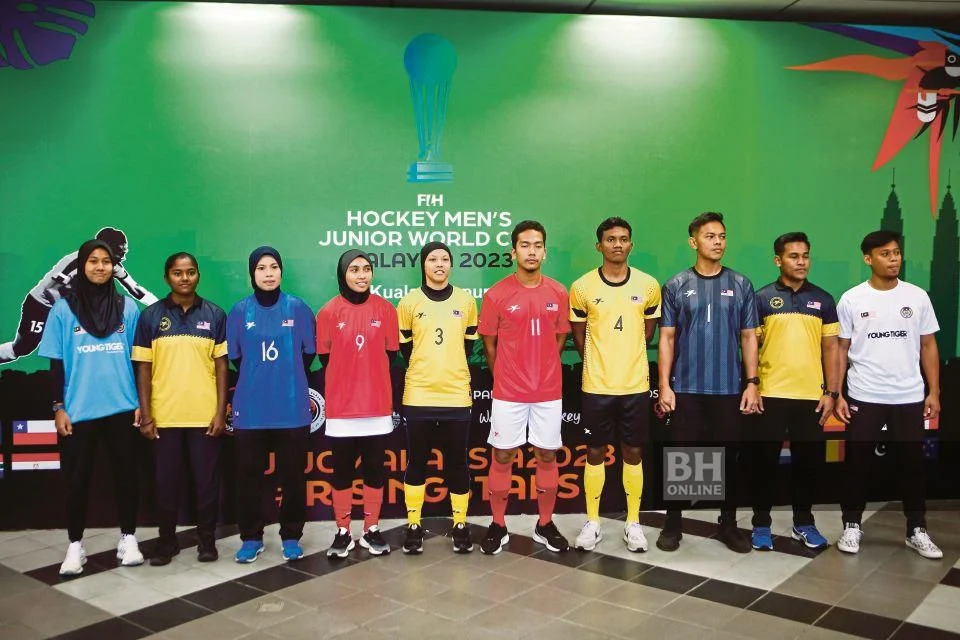
09 August 2016 : Lately a lot of issues involving integrity, particularly among civil servants. The issue consist of abuse of power, breach of trust, corruption, even if done by a handful of individual civil servants but it will exposed to the public servants who are in the country.
It is important to know that not all civil servants in the country is not practice the culture of integrity. Most of the civil servants use the principle of integrity in doing their duties and their responsibilities to provide the best service for community.
What is integrity? Integrity generally is superior qualities inherent in its entirety and solid on the individual and the organization. Integrity issues closely related with the issue of ethics and accuracy of one actions and part of organization. The integrity of public servants refers a person who is held with a many position of trust in the government, the civil servants concerned must act in good faith and trust in accordance with the jurisdiction and duties, transparent, no personal conflict, excellent, accountability and adherence to all the rules and law as prescribed.
When there is a conflict of interest, priority should be given to the public interest. Therefore, it is important for all civil servants to perform all duties and responsibilities given with the public confidence in the civil service are not affected so could interfere with the stability and harmony of the country.
The government has implement public service quality and integrity in the country through the introduction of a number of policies with related policies starting with a campaign “Bersih”, “Cekap” and “Amanah” in 1982, the campaign “Kepimpinan Melalui Teladan” in 1983, “Dasar Penerapan Nila-Nilai Islam” in 1985, Islam Ethics Code in 1987, Excellent Work Culture in 1989, the Quality Award in 1990, the Charter in 1993, e-government and the MS ISO 9000 in 1996, the Distinguished Service Award in 2002, the key performance indicators (KPI) and Islam Hadhari in 2005 and other steps. All basic and related policies are implemented should be adopted by all public servants with a wholeheartedly so that they can perform any given task well and efficiently.
Other than implementation of the policy and procedures, the government also issued many civil service circulars to provide guidance among civil servants to cultivate an attitude of integrity performing their task or the mandate given to them as stated in Pekeliling Kemajuan Pentadbiran Awam. Bil. 1. 2008, Panduan Pengurusan Perhubungan Pelanggan, Pekeliling Kemajuan Pentadbiran Awam. Bil. 1 2009, Penambahbaikan Proses Pengurusan Aduan Awam, Pekeliling Kemajuan Perkhidmatan Awam Bil. 2, 1996, Panduan Melaksanakan ISO 9000: 2000, Pekeliling Perkhidmatan Bil. 5, 2007. Panduan Pengurusan Pejabat and many more.
On 24 July 2013, the Public Service Department (JPA) also issued Circular No.6 / 2013 on the Establishment of Integrity Unit in All Public Agencies. Integrity Unit (UI) is a unit established in each of the ministries, departments and agencies, whether at the federal or state level, which is responsible for managing and implementing initiatives institutionalization of integrity, prevention, compliance, misconduct and punitive action with more focused, organized, efficient and optimum.
The guidelines issued should be followed as well as possible so that a task given or duties can be implemented perfectly.
The attitude of integrity and accountability are the principles that should be in every public servant to performance of their duties and responsibilities. Implementation responsibilities that come with the practice of the principles of integrity will ensure that the allocation given to each agency, program, activity or project can be routed to the proper authority without the risk of leakage or leakage.
The values of integrity who has been ordered in Islam should also be appreciated and practiced by all civil servants in civil servants who are Muslims.
Islam forbids its followers to do things that are useless, that did not bring any benefit and that can lead to destruction.
Allah says in Surah Al - Maidah: Verse 2 - "Help you one another in Al-Birr and At-Taqwa (virtue, righteousness and piety); but do not help one another in sin and transgression. And fear Allah. Verily, Allah is Severe in punishment." ”.
It is important to know that not all civil servants in the country is not practice the culture of integrity. Most of the civil servants use the principle of integrity in doing their duties and their responsibilities to provide the best service for community.
What is integrity? Integrity generally is superior qualities inherent in its entirety and solid on the individual and the organization. Integrity issues closely related with the issue of ethics and accuracy of one actions and part of organization. The integrity of public servants refers a person who is held with a many position of trust in the government, the civil servants concerned must act in good faith and trust in accordance with the jurisdiction and duties, transparent, no personal conflict, excellent, accountability and adherence to all the rules and law as prescribed.
When there is a conflict of interest, priority should be given to the public interest. Therefore, it is important for all civil servants to perform all duties and responsibilities given with the public confidence in the civil service are not affected so could interfere with the stability and harmony of the country.
The government has implement public service quality and integrity in the country through the introduction of a number of policies with related policies starting with a campaign “Bersih”, “Cekap” and “Amanah” in 1982, the campaign “Kepimpinan Melalui Teladan” in 1983, “Dasar Penerapan Nila-Nilai Islam” in 1985, Islam Ethics Code in 1987, Excellent Work Culture in 1989, the Quality Award in 1990, the Charter in 1993, e-government and the MS ISO 9000 in 1996, the Distinguished Service Award in 2002, the key performance indicators (KPI) and Islam Hadhari in 2005 and other steps. All basic and related policies are implemented should be adopted by all public servants with a wholeheartedly so that they can perform any given task well and efficiently.
Other than implementation of the policy and procedures, the government also issued many civil service circulars to provide guidance among civil servants to cultivate an attitude of integrity performing their task or the mandate given to them as stated in Pekeliling Kemajuan Pentadbiran Awam. Bil. 1. 2008, Panduan Pengurusan Perhubungan Pelanggan, Pekeliling Kemajuan Pentadbiran Awam. Bil. 1 2009, Penambahbaikan Proses Pengurusan Aduan Awam, Pekeliling Kemajuan Perkhidmatan Awam Bil. 2, 1996, Panduan Melaksanakan ISO 9000: 2000, Pekeliling Perkhidmatan Bil. 5, 2007. Panduan Pengurusan Pejabat and many more.
On 24 July 2013, the Public Service Department (JPA) also issued Circular No.6 / 2013 on the Establishment of Integrity Unit in All Public Agencies. Integrity Unit (UI) is a unit established in each of the ministries, departments and agencies, whether at the federal or state level, which is responsible for managing and implementing initiatives institutionalization of integrity, prevention, compliance, misconduct and punitive action with more focused, organized, efficient and optimum.
The guidelines issued should be followed as well as possible so that a task given or duties can be implemented perfectly.
The attitude of integrity and accountability are the principles that should be in every public servant to performance of their duties and responsibilities. Implementation responsibilities that come with the practice of the principles of integrity will ensure that the allocation given to each agency, program, activity or project can be routed to the proper authority without the risk of leakage or leakage.
The values of integrity who has been ordered in Islam should also be appreciated and practiced by all civil servants in civil servants who are Muslims.
Islam forbids its followers to do things that are useless, that did not bring any benefit and that can lead to destruction.
Allah says in Surah Al - Maidah: Verse 2 - "Help you one another in Al-Birr and At-Taqwa (virtue, righteousness and piety); but do not help one another in sin and transgression. And fear Allah. Verily, Allah is Severe in punishment." ”.
Source :
UTUSAN MALAYSIA
Article By :DR. MUZAFFAR SYAH MALLOW, Pensyarah Kanan, Fakulti Syariah dan Undang–Undang (FSU), Universiti Sains Islam Malaysia (USIM). as at 29 March 2016
































